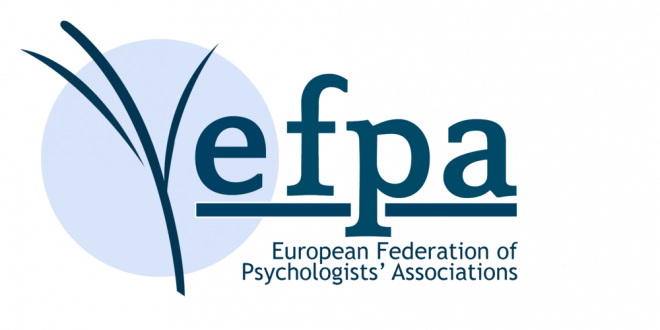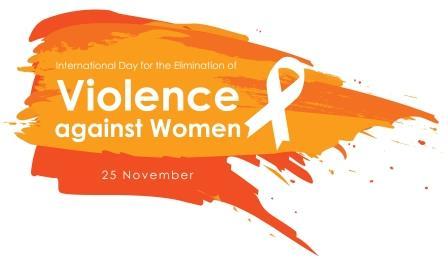References
Albanesi, C., Tomasetto, C., & Guardabassi, V. (2021). Evaluating interventions with victims of intimate partner violence: a community psychology approach. BMC women's health, 21(1), 138.
Briozzo, E., Vargas-Moniz, M., & Ornelas, J. (2021). The asylum system and the COVID-19 pandemic in the city of Lisbon: Existing disparities, structural problems, and new insights. Community Psychology in Global Perspective, 7(1), 127-145.
Cardoso, R. & Ornelas, J. (2021). As Mudanças na Área da Violência Doméstica Contra as Mulheres em Portugal. Doctoral Thesis APPsyCI ISPA –Instituto Unversitário, In press.
Di Napoli, I., Procentese, F., Carnevale, S., Esposito, C., & Arcidiacono, C. (2019). Ending Intimate Partner Violence (IPV) and Locating Men at Stake: An Ecological Approach. International journal of environmental research and public health, 16(9), 1652.
Duarte, 2012; Prostitution and trafficking in Portugal: legislation, policy, and claims. Sexuality Research and Social Policy, 9(3), 258-268.
Esposito, F., Tomai, M., Nannini, V., Giardinieri, L., & Costa, P. (2018). From Rehabilitation to Recovery: A Self-Help Experience for Regaining Quality of Life after Intimate Partner Violence. Journal of Special Education and Rehabilitation, 19(3-4), 85-104.
Esposito, F., Ornelas, J., & Arcidiacono, C., Scirocchi, S. (2019). Voices from the Inside: Lived Experiences of Women Confined in a Detention Center. Signs: Journal of Women in Culture and Society, 44(2), 403-431.

